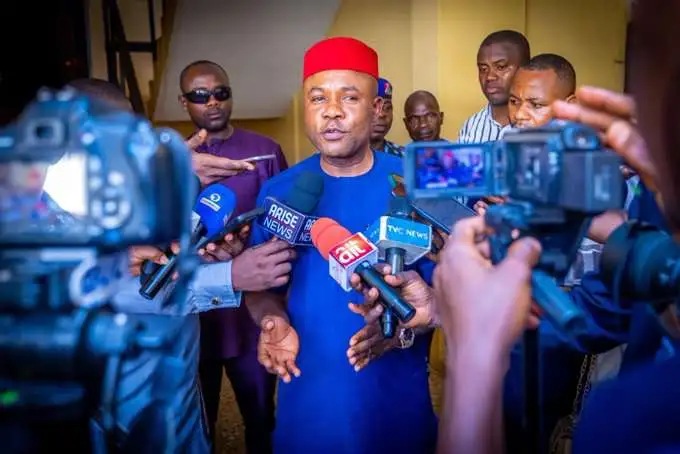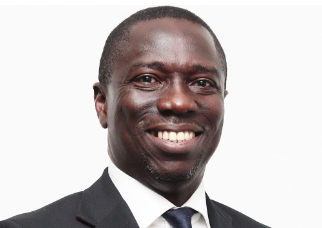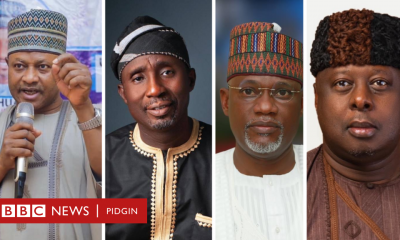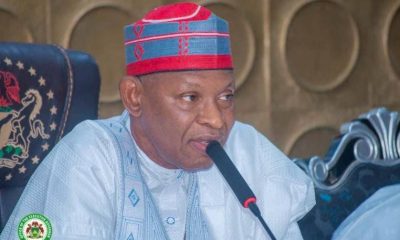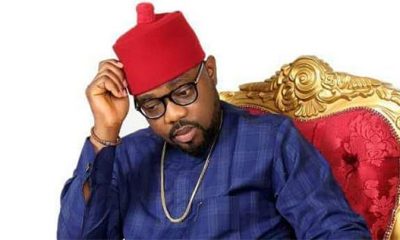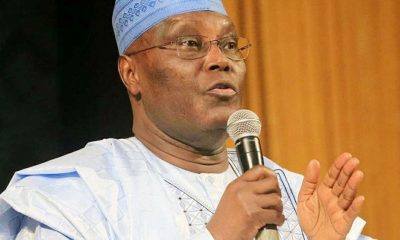The Enugu State Governorship Election Petition Tribunal presided over by Justice Kudirat Morayo Akano, on Thursday emphatically upheld the legitimacy of Peter Mbah’s election as the Governor of Enugu State.
This decisive ruling comes in response to the fervent petitions filed by the People’s Redemption Party (PRP) and their gubernatorial candidate, Christopher Agụ, challenging Mbah’s victory as declared by the Independent National Electoral Commission (INEC).
In a resounding judgment, the tribunal categorically stated that the petitioners failed to substantiate any of their numerous claims, effectively dismantling their case piece by piece.
The PRP and Agụ had alleged a multitude of irregularities, ranging from questioning Mbah’s academic qualifications to raising concerns about his alleged involvement in plea bargaining and the submission of a forged NYSC certificate.
READ ALSO: Enugu Assembly passes supplementary budget of over N58bn
Additionally, they contended that Mbah’s election was not lawful and that election malpractices had tainted the process.
On the critical matter of academic qualifications, the tribunal meticulously examined the evidence presented by the petitioners and concluded that they had fallen short of providing any compelling proof to support their allegations.
Furthermore, their claims regarding Mbah’s involvement in plea bargaining crumbled in the face of the tribunal’s scrutiny, as the petitioners were unable to present convincing evidence.
Regarding the serious allegation of a forged certificate, the tribunal decisively dismissed the petitioners’ claims, emphasizing their failure to produce any concrete documentation to substantiate their accusations.
In essence, the Governorship Election Petition Tribunal’s unwavering ruling reaffirms Peter Mbah as the rightfully elected Governor of Enugu State, casting aside the petitioners’ allegations as unfounded and unsupported by credible evidence.
This judgment serves as a resounding affirmation of the electoral process and the integrity of the elected leader, providing closure to a contentious chapter in the state’s political landscape.

 Health5 days ago
Health5 days ago
 Entertainment7 days ago
Entertainment7 days ago
 Crime6 days ago
Crime6 days ago
 Education1 week ago
Education1 week ago
 Health1 week ago
Health1 week ago
 Comments and Issues7 days ago
Comments and Issues7 days ago
 Football7 days ago
Football7 days ago
 Latest6 days ago
Latest6 days ago
